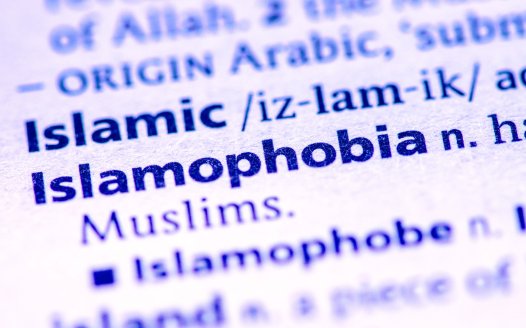UN resolution claims damaging holy books violates international law
Posted: Tue, 22nd Aug 2023
UK efforts to introduce "more balanced language" were rejected
A UN resolution has falsely claimed "acts of violence" against religious texts are "in violation of international law".
The resolution, entitled "Promoting interreligious and intercultural dialogue and tolerance in countering hate speech", was published by the UN General Assembly this month.
The UK Ambassador to the General Assembly, Richard Croker, said the UK "reluctantly" joined the consensus on the resolution, adding that he remained concerned by "language which could suggest limitations on freedom of expression beyond what is well established in international human rights law".
The UK had attempted to introduce "more balanced language" but its efforts were rebuffed, he said.
The resolution also stressed the importance of working towards an "internationally agreed definition of hate speech that can help in countering it".
Croker said it was not necessary to agree a new definition of hate speech, "which may undermine the existing finely balanced position in international human rights law". Existing law already "provides a clear framework", he said.
The UK has 'dissociated itself' from these two components of the resolution.
UN Human Rights Council
Last month, the UN Human Rights Council passed a separate resolution to criminalise the burning of the Quran, "or any other holy book". The UK voted against the resolution, with the Foreign Office stating " we do not accept that, by definition, attacks on religion, including on religious texts or symbols, constitute advocacy for hatred".
The resolution was introduced by Pakistan on behalf of the Organisation of Islamic Cooperation (OIC), which has long supported efforts to curtail 'blasphemous' speech.
The OIC is an intergovernmental organisation of 57 states and claims to be the "collective voice of the Muslim world". Although it stopped explicitly campaigning for a global blasphemy law in 2011, it has repeatedly spearheaded attempts to install "backdoor" blasphemy laws. The NSS warned the UN of the OIC's attempts to use 'hate speech' laws to restrict free expression last year.
Both resolutions follow a series of Quran burnings in Sweden and Denmark. Sweden's terrorism threat level has been raised to "high" and its Prime Minister, Ulf Kristersson, has said the threat to the country is the highest it has been since World War II. The Swedish embassy in Baghdad was stormed by protestors last month following the burnings.
NSS: 'freedom of expression should not be restricted to appease fundamentalists'
NSS campaigns officer Alejandro Sanchez said: "This is the second time in as many months that Member States with an explicit 'anti-blasphemy' agenda have sought to use UN mechanisms to suppress free speech. We welcome the UK government's efforts in resisting these resolutions.
"It is right for societies to combat intolerance and hate. But we should not restrict freedom of expression in order to appease religious fundamentalists."
Freedom of Expression
Democracy cannot exist without the right to free speech. Join our campaign to protect freedom of expression from religious incursions.








